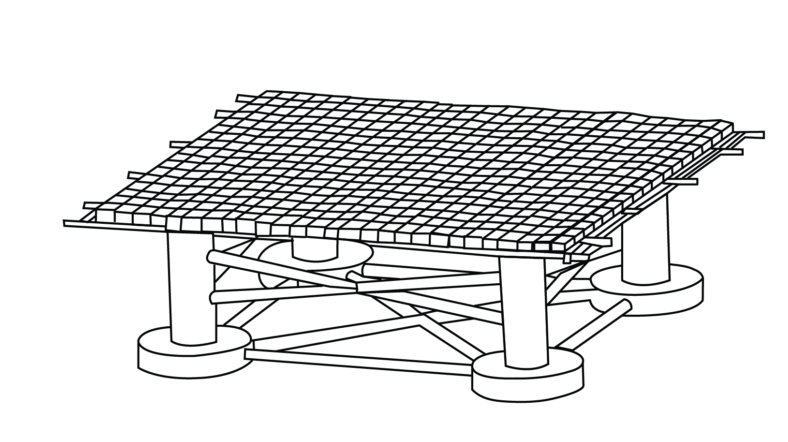novel modular floating PV (FPV) solution to assess the behavior of offshore, multi-connected modules under combined wave-wind conditions
“FPV is a complex multi-body system under the coupling action of wind, wave, current, and other multi-physical fields,” the study noted. “It is therefore of immense importance to develop robust engineering methodologies and models to design FPV systems applied to offshore environments.”
as the number of modules increases, motion responses become more pronounced, and the 2 x 2 platform experienced the most significant pitch response of the configurations studied
additional movement generated by hinged connections resulted in “non-negligible” dynamic response for multi-body FPV systems, while systems using fixed connections showed no significant dynamic response
mooring tension of systems with hinged connections was greater than that of systems with fixed connections
created the FPV platforms using cylindrical pontoons and heave plates
study emphasizes that heave response is influenced by the ratio of mass to stiffness
team recommends an installation angle of at least 15 degrees for a multi-body FPV system, to reduce both motion and structural responses
